4. Stay Close In
It's important to stay closer to the court when returning, positioning yourself to cut off the server's angles. Most likely, the serve and volleyer will attempt to come in off a spin serve (kick, topspin, or slice) in order to give himself more time to close in.
If you stay back, you will allow him to take an extra couple of steps, which will be difficult to make him volley below the net (your goal is to make him pop up the volley as opposed to sticking it downwards).
Stay close in, use the pace of his serve (even a kicker has sufficient pace for you to use and redirect) and seek to make your opponent volley behind the center-T or half-volley around the center-T.
The center-T should be your target in these instances. Pound it incessantly and force the volleyer to generate angles from the middle of the court; don't give him an opening from which he can generate an angle.
More: The Essentials of the Overhead
Unless he's very, very good, chances are that he will have difficulty handling these shots. The best return is, actually, slightly cross-court from your return position - this forces the opponent to adjust the face of the racket and to generate a slight "inside-out" angle.
For example, if you're returning from the deuce side down-the-line, the opponent can stick a cross-court backhand volley without much difficulty. Return cross-court, and he will have problems generating the same angle with his forehand volley down-the-line.
More: 7 Benefits of Better Footwork
5. Attack
Don't forget that you have the option of coming in as well (chip-and-charge). This may work as a great surprise tactic, since your opponent may expect to face a player who is used to staying deep.
You have a slight advantage in these situations because out of the two players, you're the only one who knows what to expect.
Depending on the serve, you may in fact beat your opponent to the net. Chip down the T (low), rush in and pounce on the opponent's next shot (particularly any pop-up floaters).
Stun him once or twice and you will either force him to do more with his serves (resulting in more double faults or second serves) or his volleys (resulting in errors).
If you're lucky, you might actually force him to stay back -- and that's when you know that you have really rocked his boat.
 Find a tennis tournament near you.
Find a tennis tournament near you.
- 2
- of
- 2
About the Author

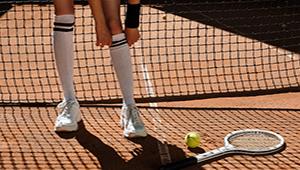

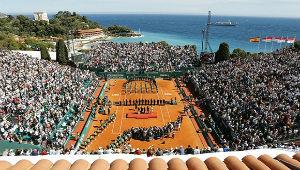
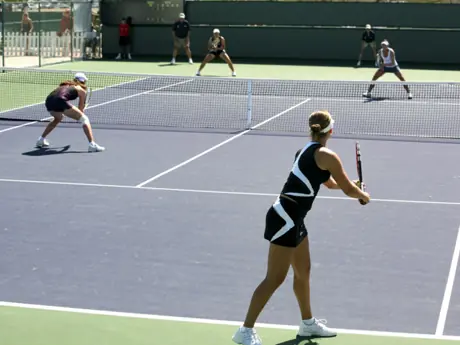
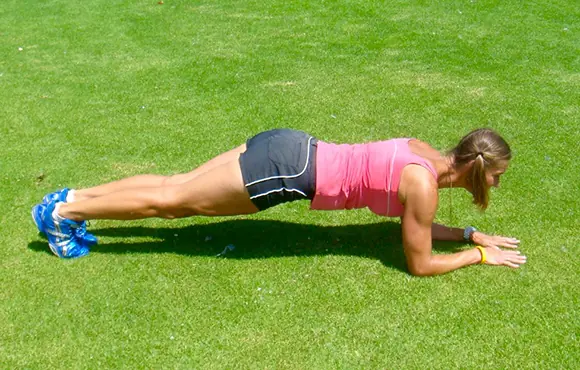
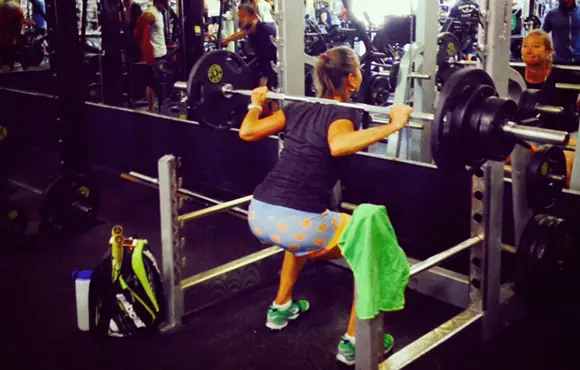

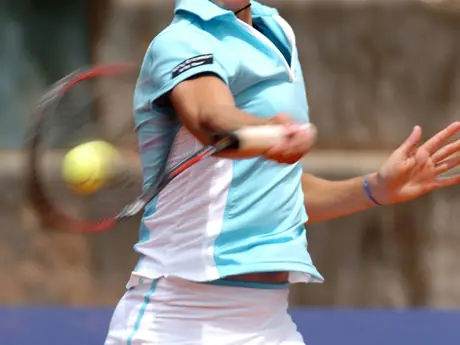
Discuss This Article